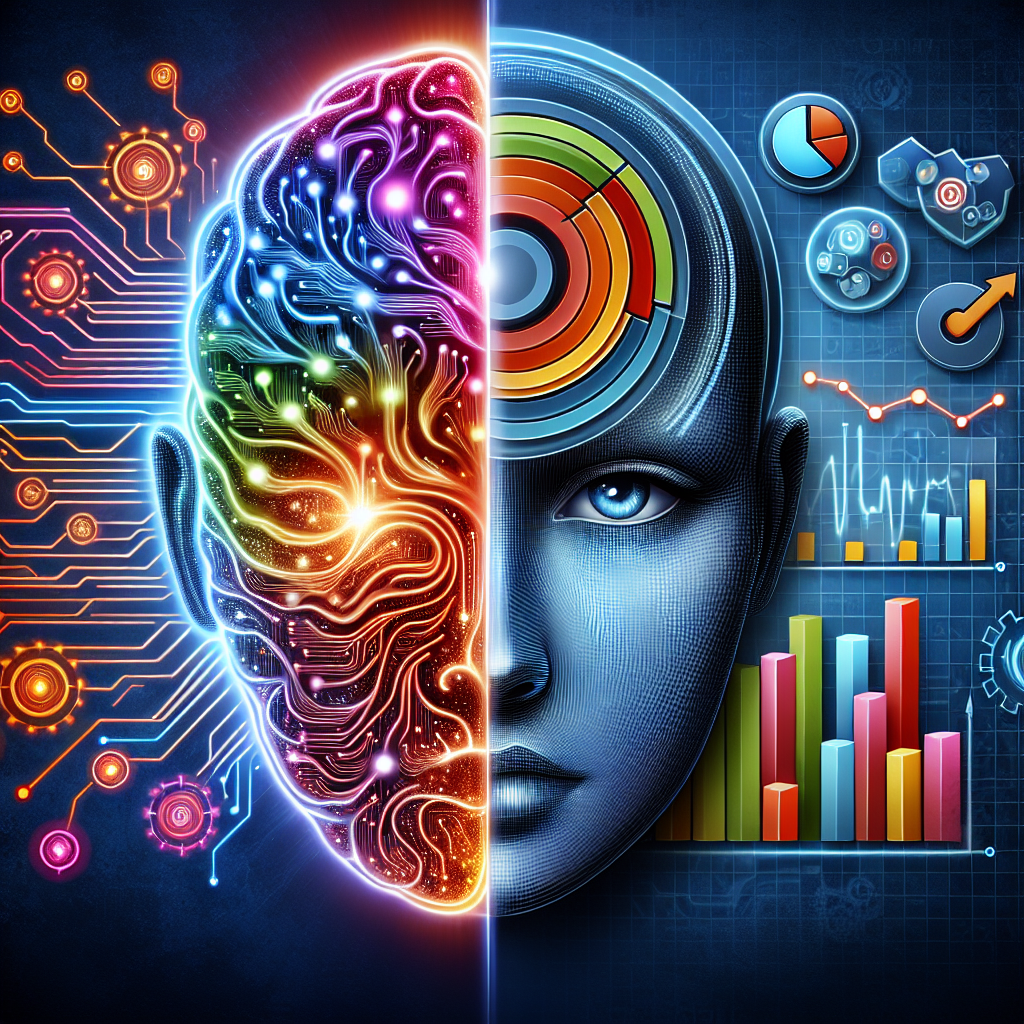In today’s digital age, customer segmentation is a crucial aspect of marketing strategy. By dividing customers into different groups based on their characteristics, behaviors, and preferences, businesses can tailor their marketing efforts to target specific segments more effectively. Traditionally, customer segmentation has been done manually, using demographic data such as age, gender, and location. However, with the advancements in artificial intelligence (AI) technology, businesses are now able to redefine customer segmentation in more sophisticated ways.
AI has revolutionized the way businesses analyze and understand customer data. By leveraging machine learning algorithms, AI can process vast amounts of data at a speed and scale that would be impossible for humans to achieve. This enables businesses to identify patterns, trends, and insights in their customer data that were previously hidden. AI can also help businesses predict customer behavior and preferences more accurately, allowing them to segment their customers in a more precise and targeted manner.
One of the key ways AI is redefining customer segmentation in marketing is through the use of predictive analytics. By analyzing historical data on customer interactions, purchases, and behaviors, AI can predict future customer behavior with a high degree of accuracy. This allows businesses to segment their customers based on their likelihood to make a purchase, engage with a particular marketing campaign, or churn. By targeting customers with personalized messages and offers based on these predictions, businesses can improve their marketing ROI and drive higher conversions.
Another way AI is transforming customer segmentation is by enabling businesses to create more dynamic and fluid segments. Traditional segmentation models are often static and based on fixed criteria such as age or income. However, AI can analyze real-time data on customer interactions and behaviors to create segments that are constantly evolving. This allows businesses to target customers based on their current preferences and behaviors, rather than relying on outdated information. For example, AI can identify customers who have recently shown interest in a particular product or service and target them with relevant offers in real-time.
AI can also help businesses to segment their customers based on more complex and nuanced criteria. By analyzing unstructured data such as social media posts, customer reviews, and online conversations, AI can identify underlying themes and sentiments that can be used to segment customers based on their interests, values, and attitudes. This enables businesses to create more personalized and targeted marketing campaigns that resonate with their customers on a deeper level.
In addition to predictive analytics and real-time segmentation, AI is also enabling businesses to segment customers based on their individual preferences and behaviors. By leveraging techniques such as clustering and collaborative filtering, AI can group customers with similar preferences and behaviors together, allowing businesses to target them with personalized recommendations and offers. This level of personalization can help businesses to build stronger relationships with their customers and increase customer loyalty and retention.
Overall, the impact of AI on customer segmentation in marketing is profound. By enabling businesses to analyze vast amounts of data, predict customer behavior, create dynamic segments, and personalize marketing efforts, AI is redefining the way businesses understand and engage with their customers. As AI continues to evolve and improve, businesses will have even more opportunities to leverage this technology to drive more effective and targeted marketing strategies.
FAQs
Q: How does AI help businesses to predict customer behavior?
A: AI uses machine learning algorithms to analyze historical data on customer interactions, purchases, and behaviors. By identifying patterns and trends in this data, AI can predict future customer behavior with a high degree of accuracy.
Q: How does AI enable businesses to create more dynamic customer segments?
A: AI can analyze real-time data on customer interactions and behaviors to create segments that are constantly evolving. This allows businesses to target customers based on their current preferences and behaviors, rather than relying on outdated information.
Q: How can businesses use AI to segment customers based on their individual preferences and behaviors?
A: AI can use clustering and collaborative filtering techniques to group customers with similar preferences and behaviors together. This enables businesses to target them with personalized recommendations and offers.
Q: What are some of the benefits of using AI for customer segmentation in marketing?
A: Some of the benefits of using AI for customer segmentation include more accurate predictions of customer behavior, dynamic and fluid segments, personalized marketing efforts, and improved customer loyalty and retention.

